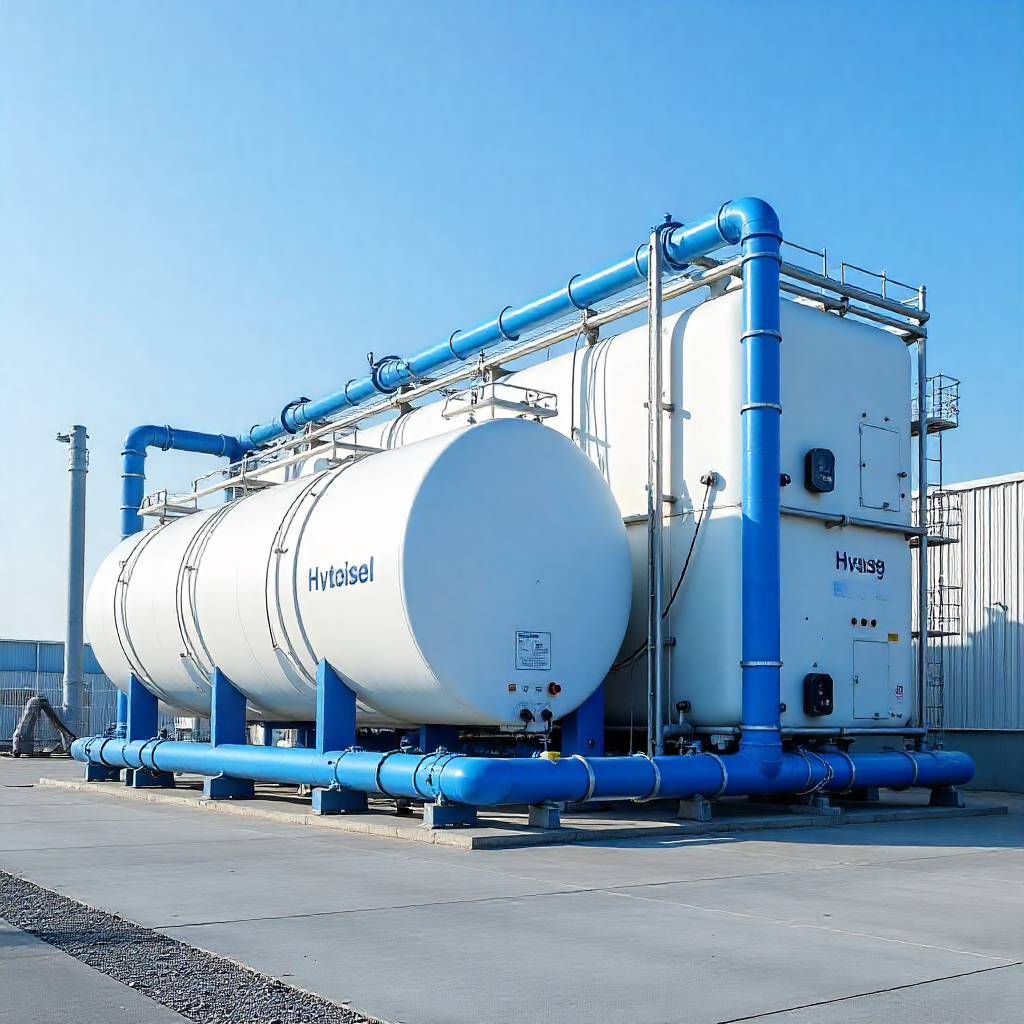Vikram Solar Ltd, a prominent player in solar module manufacturing, is set to expand its business horizons by venturing into the battery energy storage systems (BESS) sector. This strategic move, announced by Chairman and Managing Director Gyanesh Chaudhary, is part of the company's broader objective to diversify its offerings. The firm has recently submitted draft documents for an initial public offering (IPO), signaling its growth ambitions.
1. US Expansion Hinges on Policy Shifts
The company’s plans to establish a 3 GW solar cell and module manufacturing facility in Colorado are currently under review. The decision is contingent upon the forthcoming policies of the new US administration. The outcome of the Inflation Reduction Act (IRA), introduced by President Joe Biden to promote renewable energy, will play a critical role in shaping these plans. The leadership at Vikram Solar is closely monitoring the situation as they await clarity from the incoming government.
2. SEZ Amendment Bill: A Key Industry Catalyst
Chaudhary emphasized the importance of the SEZ (Special Economic Zone) Amendment Bill, which is poised to replace the previously proposed Development of Enterprises and Service Hubs (DESH) Bill of 2022. The anticipated changes in the SEZ framework are expected to stimulate significant economic activity, especially in manufacturing sectors, including renewable energy. The bill aims to optimize the utilization of underperforming SEZ plants, which could revitalize the industrial landscape.
3. Market Creation and RPO Compliance
Highlighting another critical area, Chaudhary called for greater government focus on creating robust markets for renewable energy. While initiatives like the PM Surya Ghar scheme have been successful, there remains a significant gap in Renewable Purchase Obligation (RPO) compliance among power distribution companies. Enhancing RPO adherence is essential for absorbing excess renewable energy and fostering a green economy. The industry requires stringent measures to ensure compliance, which is vital for market stability.
4. Scaling Up Solar Manufacturing
Chaudhary outlined the need for scaling solar manufacturing capabilities in India. He suggested that rather than having numerous small-scale manufacturers, the industry should consolidate into a few large-scale players with significant capacities. Such an approach would necessitate a supportive ecosystem, including improved financing and logistics. This shift is critical to achieving substantial growth and establishing India as a global leader in solar manufacturing.
5. IPO and Future Prospects
Vikram Solar's IPO plans involve raising up to Rs 1,500 crore through fresh equity and offering 17.45 million shares for sale. While specific timelines for the listing remain undisclosed, Chaudhary assured that the company would soon become a publicly traded entity.
6. Expanding into BESS
The company's diversification into the BESS sector is a significant step forward. Vikram Solar plans to start with a 1 GW BESS facility, with intentions to scale up to 10 GW or more in the future. This move aligns with global trends towards energy storage solutions, positioning Vikram Solar at the forefront of the renewable energy revolution.
7. Operational Capacities and New Developments
Currently, Vikram Solar is one of India’s leading solar module manufacturers, boasting an operational capacity of 3.5 GW. The company produces a variety of solar PV modules, including N-TOPCon, mono PERC, bifacial, and polycrystalline variants, across its facilities in Kolkata and Chennai. Additionally, a new 3 GW solar cell and module plant is underway in Gangaikondan, Tamil Nadu, with the module facility set to launch this year and the cell manufacturing unit following next year.
8. Conclusion
Vikram Solar’s strategic expansions and diversification into BESS signify its commitment to innovation and growth. With a keen eye on policy developments and market dynamics, the company is poised to play a pivotal role in the renewable energy sector both in India and globally.




